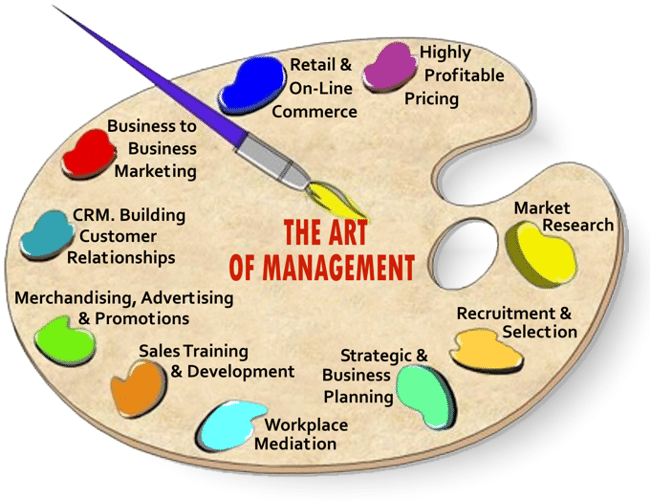The Solen Chocolate Company has been a client of Garrison Marketing Group since 2009 when we first developed the Biscolata Men campaign which has become quite well-known in Turkey. A little over a year ago I joined the Solen team more directly to craft my art as Chief Marketing Advisor to the Board. Both the Solen management and I saw an opportunity for exponential growth as they further expanded their business, currently in 74 countries, across 5 continents.
It reminded me of my role at Coca-Cola in the mid-90s to establish a strong marketing team in 23 countries across Eastern Europe, Turkey, and Central Asia. My role then was not only to apply best practices in global marketing, but also depending on local consumers and competitive situations, to explore and implement new strategies and methodologies in areas like consumer segmentation, experiential marketing communications, global/local relevance, and many others.
Twenty years and three books later, teaching university classes around the world, and having the pleasure of working with marketing giants such as IKEA, Starbucks, P&G, Efes, and a lot of powerful global and local brands around the world through Garrison Group, it was time me to get hands-on again. As my old Coca-Cola boss, John Shepard, said when he moved me from a division marketing role to Managing Director in Hungary all those years ago, I needed to get into the driver’s seat instead of just offering advice from the back seat. As I move into the final chapter of my marketing career I wanted one last time to get close to the action again to help personally implement these constantly evolving marketing practices, and thereby stimulate even more marketing innovation going forward. And then I’ll perhaps have fresh insights for my classes going forward and maybe even a new book. Teaching has also been a great experience. Not only am I teaching what I know to a new generation of bright young marketers making daily decisions, but I’m also learning from them as they learn from me.
Over the past two years, I’ve been able to witness what it takes to manage an organization and get the optimum results in a very different world than my Coca-Cola days, or P&G before that. I was already a year into my work here when Erdogan Coban became the dynamic new CEO Solen and I immediately knew he was going to approach management in a much different way than I had been taught, and how I’d previously operated in senior management.
One of the first things he did was to modify his working title of CEO (Chief Executive Officer) to CCO (Chief Chocolate Officer) to communicate both internally and externally that he was passionate about the core product his 3,000+ employees across so many functions were working on to create, deliver, and communicate the best range of chocolate products possible. He knew that creating, delivering, and communicating the customer value of great chocolate products would grow the business.
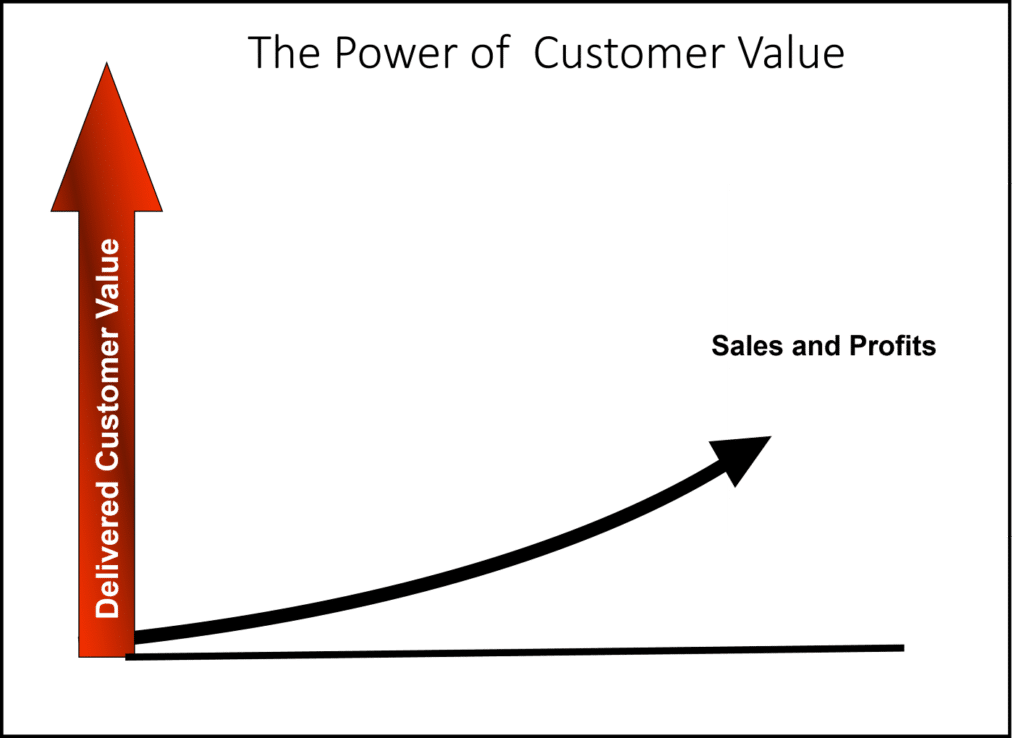
As the senior manager of the company, he knew intuitively that he needed everyone in the organization to think about their role in providing customer/consumer value and be motivated by what they were doing day to day to drive that core value proposition of the company and its brands. He was implementing exponential customer value by making sure that everyone knew it was at the heart of their job at Solen.
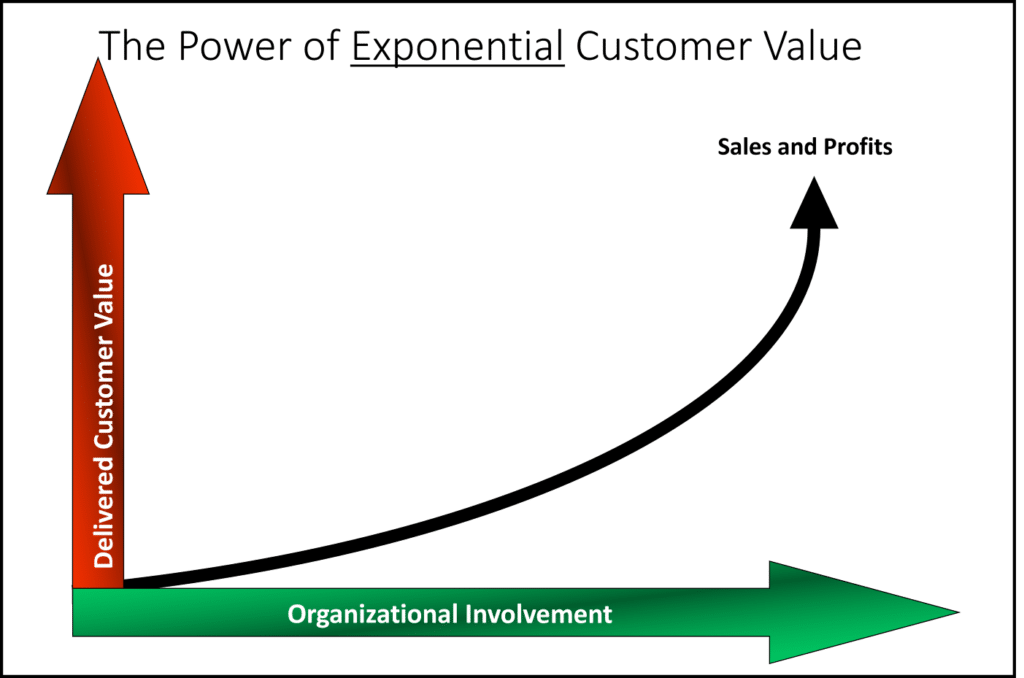
But there was much more to this management methodology than value-centric management titles and making marketing everyone’s job. Erdogan emphasized his belief that management is both an art and a science. Any senior manager needs to know a great deal about the science of business – marketing, finance, production, and logistics, for example. That’s the IQ part of running a business. The key to making a business grow and prosper is the EQ (emotional intelligence) capabilities of the manager.
As I rose through the ranks of management over the years, I always remembered Maslow’s famous Hierarchy of Needs from my Human Resources Management class. I applied that thinking to how to manage people. But Erdogan, and an increasing number of business leaders emerging among his generation, have realized that Maslow’s Hierarchy of Needs had evolved greatly over the last couple of decades and that this evolution had accelerated with the impact of COVID-19 on the work experience. The science of HR with compensation strategies, bonus plans, and other tools to motivate employees was no longer enough to recruit, motivate, and sustain high-performance employees.
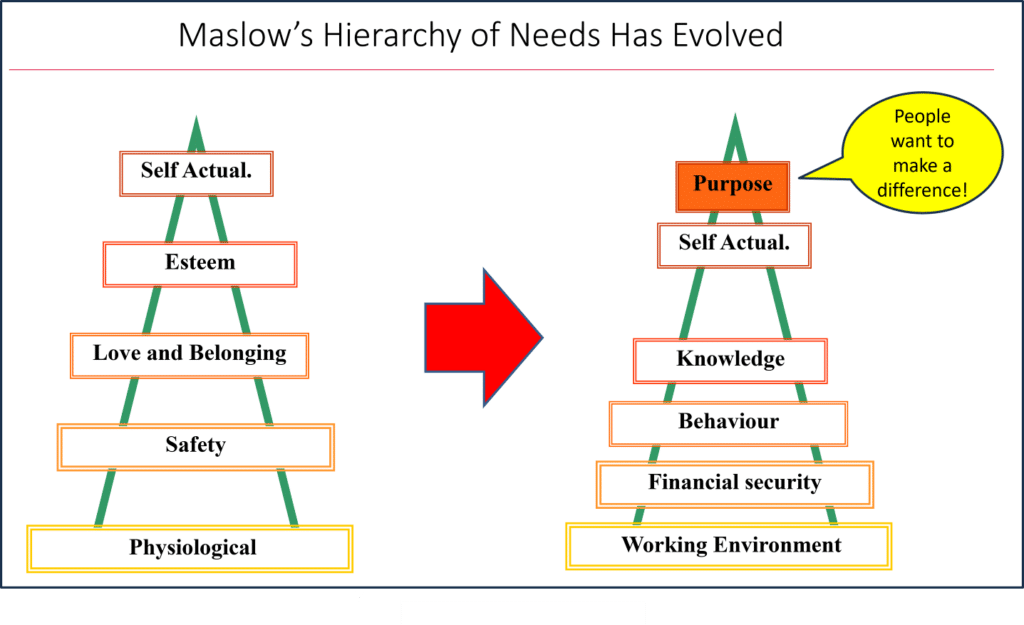
Today, people want more from their work than to rise through the ranks and make more money. They want to make a difference and have some sort of positive impact that changes things, that somehow makes something better. The title of Chief Chocolate Officer wasn’t just a gimmick. Erdogan’s office in the Solen building, with its assortment of chocolate-making tools and other items from over the years, reflects his passion not only for understanding the history of chocolate making but also for constantly seeking increasingly better ways of making delicious chocolate products.
When I first met Erdogan several years ago, I was sitting next to him in a series of board meetings where we were discussing marketing plans. He’d slide a sample of some new product he’d received from the R&D department to me and quietly whisper: What do you think? Is the texture soft enough? Can you taste the coconut? Or the pistachios? What about the smell of this new Lup Lup cupcake? What about the texture of this chocolate coating on a new Biscolata product?
Erdogan truly loves being a chocolatier. He knows his purpose, and he relishes it.
The EQ part, or the art of management, is the appreciation that we are all individuals with our passions, aspirations, fears, and hopes. The key is to understand the people we work with as deeply as we marketers seek to understand our customers – as living human beings with full and often complex lives.
If you truly understand your customer, you can find gaps in their lives that your product can fill or aspirations your brand can help them achieve. So too with the people you work with. By knowing them as human beings you can identify where their role in your company can help them achieve their aspirations and how their career can overlap with their personal goals and objectives in a way that they can grow your business as they pursue their sense of purpose. The art of finding that sweet spot where what they care about and what they do in their career is key.

A few years ago, when Erdogan was looking to fill the position of Head of Marketing of Solen’s International Business Unit (IBU), he selected a talented woman from the Turkish marketing team named Hayat Kapukaya shown below with Erdogan and the rest of her Amada Team – Pinar Korel and Bilal Ozerol.
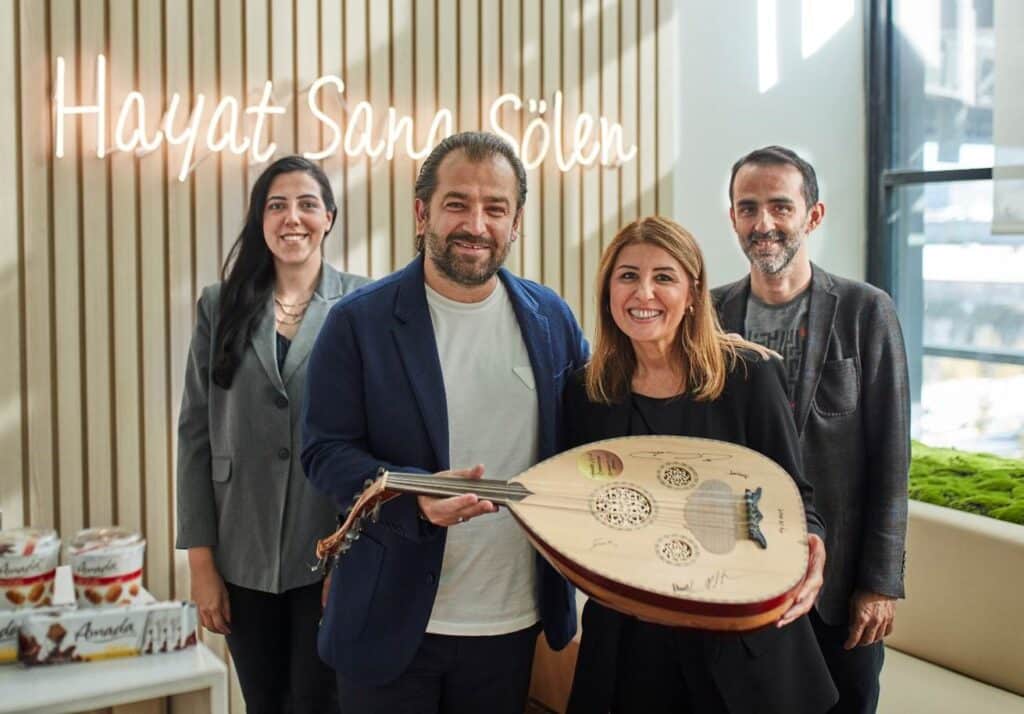
Hayat had worked on the successful Biscolata brand and Erdogan knew one of Hayat’s passions was supporting women’s empowerment, which was at the center of the Biscolata advertising campaign.

Erdogan knew Solen couldn’t go as far as they did with the Biscolata Men campaign in Saudia Arabia, Oman, or even Northern Africa. There, Biscolata is sold under a separate brand called Amada, but just as young progressive women in Turkey love to indulge in delicious chocolate treats, so do young, modern, progressive Saudi women. Hayat also has a strong EQ, and is culturally astute.
Because the issue of women’s empowerment was connected to Hayat’s sense of purpose and what she wanted to achieve both professionally and personally, Erdogan had found the perfect fit to develop and launch the groundbreaking Amada campaign in Saudia Arabia last year.
Did it work? I’d say so. Hayat is very happy in her work and it shows in her attitude and interactions with her colleagues every day. Not coincidentally, Amada is the fastest-growing brand internationally in the wide Solen portfolio.
As the adage goes: If you love your job, you never work a day in your life. Finding that sweet spot in the overlap, the sense of purpose in the people you work with, and integrating that within the roles and tasks you assign your team is the art of management.
